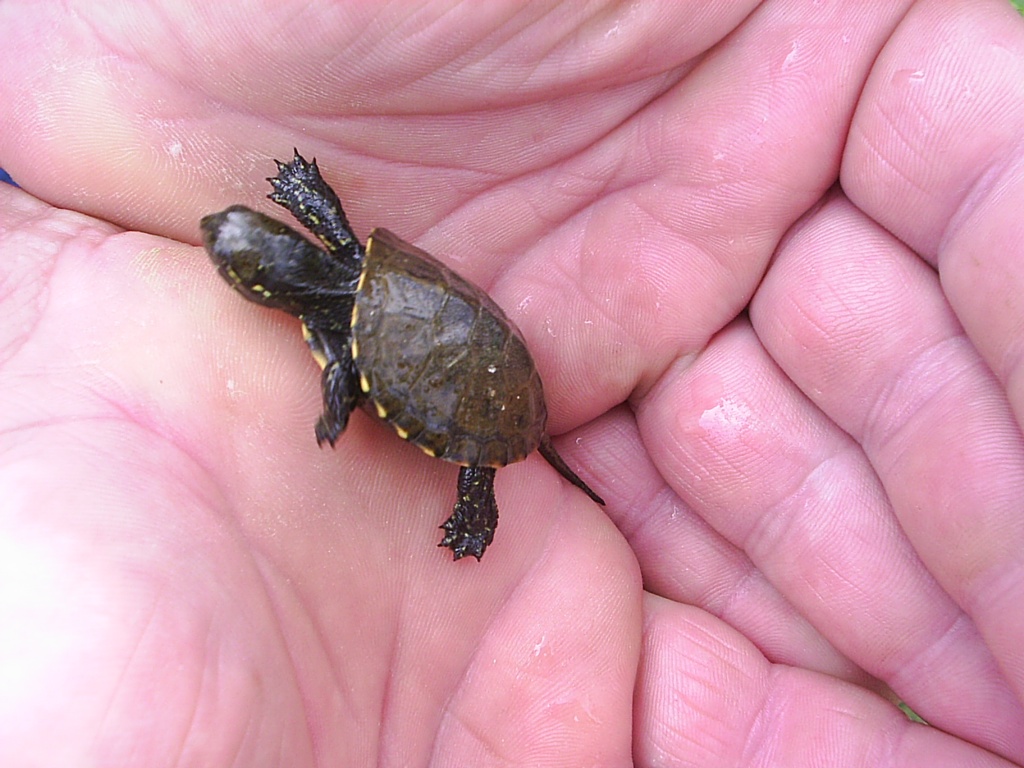At one time, I would have never considered querying a small press. To be honest, with everyone either self-publishing or working toward obtaining a publishing deal with a traditional press, I just wasn’t exposed to information about small presses. Until I attended a conference hosted by the Indiana Writers’ Consortium. I am thankful to Mari Barnes, founder of Flying Turtle Publishing, for providing me–and now you– the pros and cons of going with a small press.
- What is Flying Turtle Publishing? Established in 2009, Flying Turtle Publishing is a micro business, but we’re growing! Our slogan—Specializing in Books That Families Can Share—is also our mission. We produce entertaining and educational children’s books and adult fiction that you wouldn’t be embarrassed for your grandmother to read with you.
- What prompted you to start Flying Turtle? A very kind rejection letter from a literary agent. After reading the full manuscript, she acknowledged that the book was funny and entertained her, but she didn’t want to represent it because she preferred books with only one main character. Her response made me think: If an agent who liked the book could turn it down, it could be turned down forever and for a slew of different reasons. I had to start a publishing company to publish my book. Soon after, I published another author.
- What, in your opinion, is the difference between a small press and a larger publishing house? Let’s list pros and cons.
- Pro Big: There are definite advantages to being published by one of the Bigs. Authors get advances (which they expect to recoup on your sales. As a result, the advance may not be very much because a first time author with no track record may not sell enough books to pay the publisher back for that advance). Big publishers have connections that make it easy to sell foreign and other subsidiary rights. Their access to media for reviews and publicity is much greater.
- Con Big: Authors have to cross the moat and scale the walls to get to the gatekeepers just to sell the book. Rejections are not always kind or helpful and can go on for years. And if an author manages to make it to Camelot, all control is lost. Decisions about covers, marketing and possibly even edits are made by someone else. An author’s take is between 15-18% of the profits. It can take years to start receiving royalties, if they ever come at all. Remember, any advance must be recouped by the publisher before royalties are paid to the author.The Bigs publish dozens of books each year, so they don’t have time to pay much attention to you, especially if you’re new. Your book has a limited amount of time to find an audience and start flying off of bookshelves. Big publishers can’t afford to be loyal to an author. They’ve got to move on to the next season’s titles.
- Pro Smalls: Smalls are approachable. Someone who can actually make the decision to publish an author’s book will look at the manuscript, without an agent’s involvement. The Smalls tend to be more liberal in selection—not holding out for huge, money-making blockbusters or comparing your book to what was a big seller for another house. Smalls are open to out-of-the-box fiction, poetry, short stories, etc. There’s more of a partnering aspect when working with a small press. Authors are included in decisions about everything from covers to publicity plans—especially publicity. Relationships between authors and their small press publishers tend to last longer. If we see something in your work that inspires us to take a chance, we’re likely to work with you to produce more than one book and books stay in print for a longer time, even if they don’t connect with readers right off the bat. Smalls understand that authors need time to build an audience of loyal followers.
- Con Smalls: We’re not rich and famous, so our authors probably won’t be either. Of course, there are those black swan exceptions, but that’s like winning the lottery. The Powerball lottery. Authors rarely get advances from Smalls, although there is the possibility of a larger royalty percentage or free books for promotions. Most small presses won’t struggle with bookstore distribution. We use POD and the internet. Authors have to do the majority of their own publicity.
- What is Flying Turtle currently looking for? We’re actively building our library in children’s science and socio-emotional books. Diversity is extremely important in Flying Turtle books. Creative non-fiction or a book that mixes science with fiction would be very interesting to me. I’d also take a look at multi-generational stories that appeal to multiple generations.
- What is Flying Turtle currently not looking for? FTP is about clean reads, so no erotica, ever. Flying Turtle is not interested in fantasy at this time and nothing dystopian please.
- What advice would you give to a writer regarding publishing options?Remember that you have them! Authors don’t have to sit around and dream of being published anymore. We don’t have to stick with one route to publication—give all of them a try. Just know that you will have to be involved in marketing and promotion, no matter which option you choose. This is an exciting time to be a writer. Carefully research the choices and go for what interests you most.
Mari L Barnes writes for children under the pen name of Mari Lumpkin and for adults as ML Barnes. Her books, Parting River Jordan and Crossing River Jordan are proof that church can be funny. Mari’s company, Flying Turtle Publishing, specializes in books that families can share. She is a member of the Highland Writers Group as well as being a member and serving on the board of the Indiana Writers Consortium. Mari is creating a workbook, Life Authors: It’s Your Story, to help people jumpstart writing their life stories. More information is coming soon to http://flyingturtlepublishing.com



Leave a comment